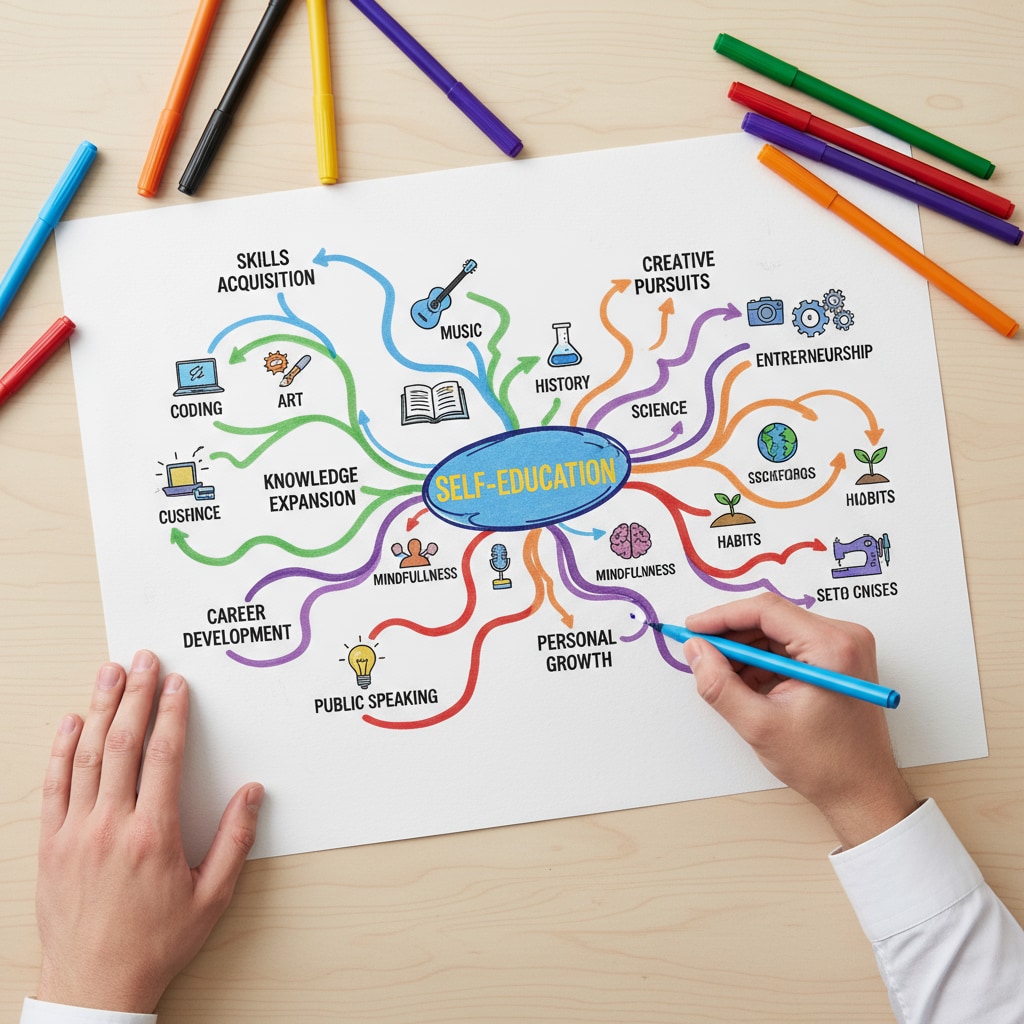Education, high school performance, and self-improvement are crucial aspects for students who may have faced challenges during their high school years. For those who didn’t shine academically in high school, the journey of self-education can be a powerful way to turn things around. Let’s explore the different dimensions of this path to self-reconstruction.

Rebuilding Your Mindset
First and foremost, cognitive reconstruction is essential. Many students who had a rough time in high school may carry negative beliefs about their academic abilities. However, it’s vital to understand that past performance doesn’t define future success. According to Psychology Today, our mindset plays a significant role in our learning and achievement. By adopting a growth mindset, students can view challenges as opportunities to learn and grow. Instead of thinking “I’m just not good at this,” they can tell themselves “I haven’t mastered this yet, but I will.” This shift in thinking can open the door to new possibilities for self-education.
Optimizing Learning Approaches
Next, optimizing learning methods is key. In high school, some students might have relied on rote memorization, which may not be the most effective way for deeper understanding. For example, when studying history, instead of just memorizing dates and events, students can try to analyze the causes and effects, and make connections to real-life situations. As recommended by TeachThought, active learning techniques such as summarizing, teaching others, and creating mind maps can greatly enhance learning efficiency. By finding the learning methods that suit them best, students can make the most of their self-education journey.

Finally, resource integration is an important part of self-education. The internet is a treasure trove of knowledge. There are numerous online courses on platforms like Coursera and Khan Academy that cover a wide range of subjects. Additionally, libraries offer access to books, journals, and research materials. By making full use of these resources, students can expand their knowledge base and gain a more comprehensive understanding of the subjects they are interested in. In conclusion, through cognitive reconstruction, learning method optimization, and resource integration, students can embark on a successful self-education journey, improving their performance and laying a solid foundation for a better future.
Readability guidance: This article uses short paragraphs to present ideas clearly. Each section focuses on a key aspect of self-education after high school. Transition words are used to make the flow smooth, and external resources are cited to support the points made.


